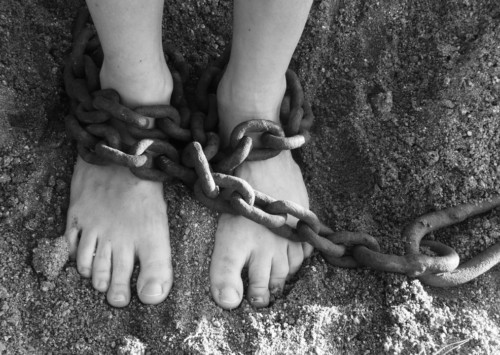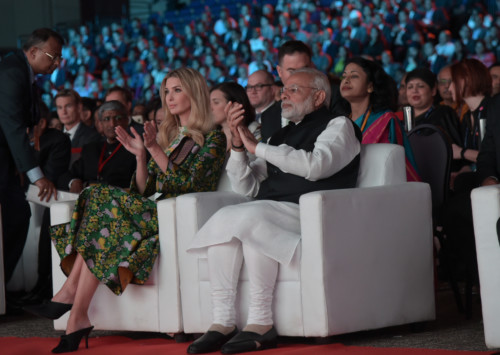Does Hadiya’s fate reflect reality of women in India?
Hadiya Shafin’s case, in addition to several ongoing issues in India, paint a bleak picture for women’s rights in the country.
India’s women are far from finding a space for themselves even as the country was host to Global Entrepreneurship Summit (GES) where their role in the growth of GDP was glorified. Though Indian Prime Minister Narendra Modi spoke at length on the importance of women in India, at the same time, an adult woman, whose fate is left hanging in courts, faces a difficult road ahead. Hadiya Shafin, earlier Akhila Ashokan, the 25-year-old woman whose autonomy and fundamental rights have been in question so far, can be considered a case study that raises key questions regarding how India, legally and socially positions its women.
Hadiya, by her own admission had chosen her religion and husband freely and had later been in unlawful custody of her father since he filed a case against her for making these choices, which he alleged to be a result of her being brainwashed . This case was preceded by another case her father had made against her for changing her religion to Islam, which had been dismissed. On November 27, the Supreme Court (SC) of India let Hadiya go back to pursuing her Homeopathy course. This judgement is to be followed by a January hearing. As of now, however, there is no clarity on why the annulment of her marriage, previously made by a Kerala court, has any legal grounds, or whether the allegations of a pattern of conversions to Islam that the National Investigative Agency (NIA) has been carrying out have any legal implications on the institution of marriage itself.
A few days since Hadiya’s ‘release’, she has stated, “I asked for freedom from court. I wanted to meet my husband, but the fact is that I am not free till now and that is the truth.” As the dean of Hadiya’s college was entrusted with ensuring her safety, he has claimed to not allowing her to meet anyone except her parents. Hadiya has asserted, “We should give them a few more days, and I will be able to tell you whether I am really free or not.” Reminding India of what the issue truly was about, she shared, “I am demanding basic rights that every Indian citizen has. It has nothing to do with politics or caste. All I want is to talk to people I like.” Hadiya’s resistance to both an oppressive family and system of justice in India is clear from the few words that she has been able to share so far.
The simple right to autonomy of an adult citizen, equal rights and right to choice seem like the most difficult ones to think of in India at the moment, especially in regards to women. Historically, and currently, personal choice for women has come at a cost that may be too high. Recently, in India’s most populous state, Uttar Pradesh (north India), a 21-year-old woman was raped by her father, brother and two uncles as ‘punishment’ for eloping with her lover. In this case too, the family had alleged earlier that the woman’s lover had abducted her, but the case was dismissed as the woman expressed her choice in being with him. The rape occurred after the woman’s third attempt to elope. Bound by notions of honour, tradition, family pride and rigid gender roles, women of India, as cases such as tHess showcase, seem to have no way out.
A life facing crime
For most of the population of women in India, aside from lack of real choice or legal rights, vulnerability to being a target of criminal acts is a reality they face daily. Recently released data by India’s National Crime Records Bureau (NCRB) indicate an increase of 2.9 pc in crimes against women in 2016. These crimes include rape, cruelty by the husband, assault, kidnapping and abduction. By official numbers there were a total of 38,947 rapes in 2016, meaning one rape around every 20 minutes in the country.
Yet, several analysts believe that the majority of crimes go unreported. The NCRB data, revealing the disturbing trend of harassment of women by their husband and relatives, shows the need to safeguard women’s right to free choice. As the Hadiya case moves forward, one can only hope that India embraces a woman’s side of the story, and stops treating the ideas of her freedom of choice and granting basic dignity as radical, impossible notions.












